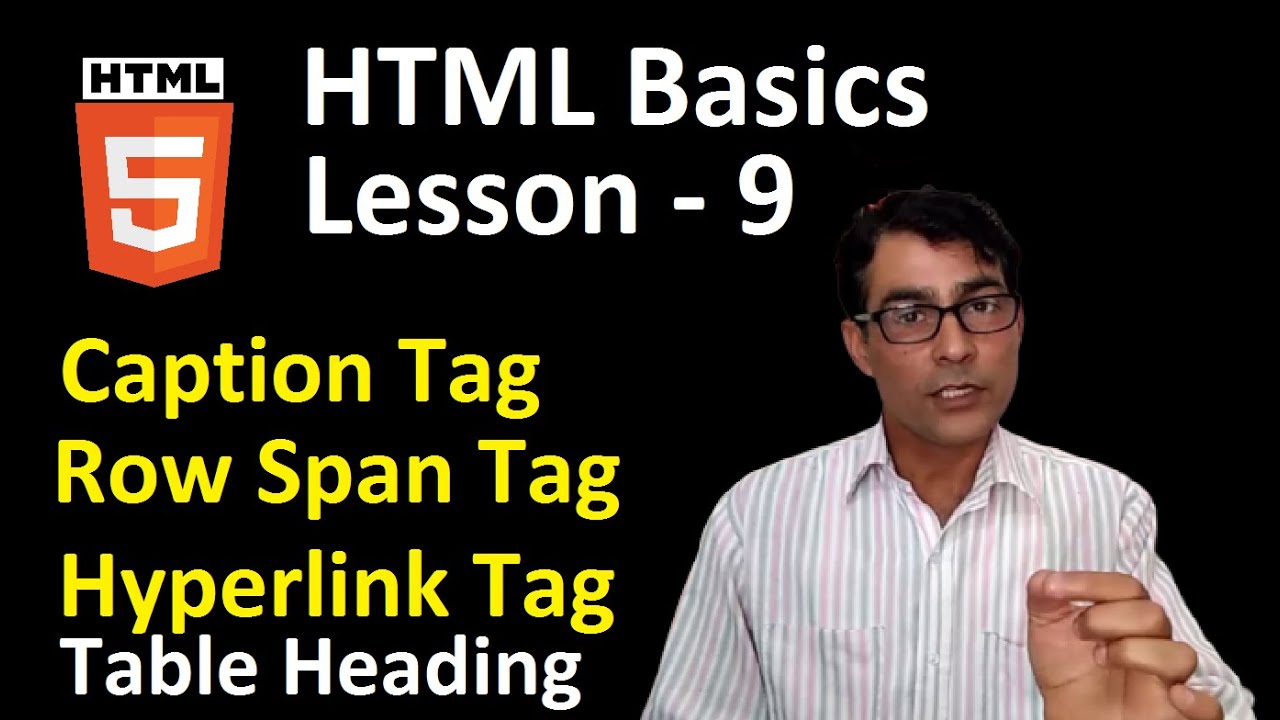In addition to being the most popular server-side programming language, PHP has been evolving consistently to simplify development of websites and web application. The latest version of PHP also comes with several new language features, enhanced speed and reduced resource consumption. Hence, you can always consider developing your ecommerce application with PHP 7 to make the website load faster. The enhanced loading speed will boost the search engine ranking of the website and keep the visitors engaged.
You can even avail the resources provided by various PHP-based ecommerce platforms to build a custom web store without putting extra time and effort. Also, you can take advantage of these ecommerce platforms without increasing project overheads as most of them are open source and free. Also, you have option to choose from a number of PHP-based ecommerce platforms according to your business model and needs. However, it is also important to compare the features and tools provided by various PHP-based ecommerce platforms according to your specific needs.
Brief Overview of 7 Widely Used PHP eCommerce Platforms
1) Magento
You have option to choose from various editions – enterprise, enterprise cloud and community – of Magento. The community edition of Magento is open source and free, whereas other are commercial and paid. But the community edition of the ecommerce platform lacks technical support. The themes and modules provided by Magento will help you to customize the look, feel, and functionality of the web store without writing additional code. You can further download a variety of themes and extensions from online marketplace. However, you have to incur additional expenses to avail the additional features provided by commercial editions of the ecommerce platform.
2) WooCommerce
The PHP ecommerce platform is supported by WordPress. You can even use WooCommerce as a plug-in to integrate ecommerce functionalities into an existing website developed with WordPress. The themes and plug-ins provided by WooCommerce will make it easier for you to customize the web store and shopping cart according to your business model. Despite being highly customizable, WooCommerce also allows you to choose from a variety of extensions. However, some of these themes, extensions and plug-ins are paid. But you can always take advantage of the resources provided by WooCommerce to simplify custom ecommerce application development.
3) OpenCart
The open source ecommerce platform was initially rewritten in Perl. But the developers subsequently rewrote OpenCart in PHP. In addition to providing an out of box shopping cart, OpenCart also provides a variety of themes and plug-ins to simplify ecommerce website development. Also, it supports multiple languages, currencies, tax rates, and payment gateway. The built-in SEO feature of the platform further enables you to increase the ecommerce website’s search engine visibility and ranking without deploying skilled digital marketers.
4) ZenCart
ZenCart is originally designed as an ecommerce shopping cart program. But the features provided by ZenCart enable you to set up and run a custom web store within a short amount of time. You can take advantage of the themes and plug-ins provided by the shopping cart program to customize the ecommerce website according to your business needs. At the same time, ZenCart supports multiple languages, currencies, payment options, shipping options, and discount coupons. Also, it boost customer buying experience by keeping the checkout flow and process simple and fast.
5) PrestaShop
Unlike other PHP-based ecommerce platforms, PrestaShop supports over 60 languages. You can take advantage of the multiple language support provided by PrestaShop to promote and sell your products to customers residing in various regions and speaking different languages. At the same time, the modules and layouts templates provided by PrestaShop make it easier for you to customize the web store without putting extra time and effort. Also, you can avail an array of useful features provided by PrestaShop like customizable themes, mobile-friendly design, and professional ecommerce website templates. However, you have to incur additional expenses to avail the paid modules and layouts templates for PrestaShop.
6) VirtueMart
The open source ecommerce platform is designed with features to complement Joomla CMS. VirtueMart scores over other ecommerce platforms due to its enterprise grade security features and performance. But many developers use VirtueMart for developing small to medium web stores. You can always opt for VirtueMart to avail a number of robust features like varying product edit options, creating and managing shopper groups, generate invoice, and a unified calculator. Also, VirtueMart supports multiple currencies, shipping options, payment options, and payment gateways.
7) OSCommerce
In addition to being a mature ecommerce platform for PHP, OSCommerce is also supported by a large and active community. OSCommerce developers can take advantage of the free add-ons uploaded by members of the community to add functionality to the web store without writing longer lines of code. OSCommerce further provides a shopping cart which is developed with PHP and MySQL, and can be integrated seamlessly into an existing website. Also, the ecommerce platform supports multiple currencies, unlimited products and categories, payment process systems, and tax rate. Further, it simplifies the billing and invoice generation process by updating currency exchange rates automatically.
On the whole, you have to choose from several ecommerce platforms written in PHP. But you must remember that these ecommerce solutions differ from each other in the category of learning curve, technical support, maturity, and compatibility. That is why; you must evaluate the pros and cons of each PHP-based ecommerce platform, and choose the one that meets your precise business needs and objectives.


